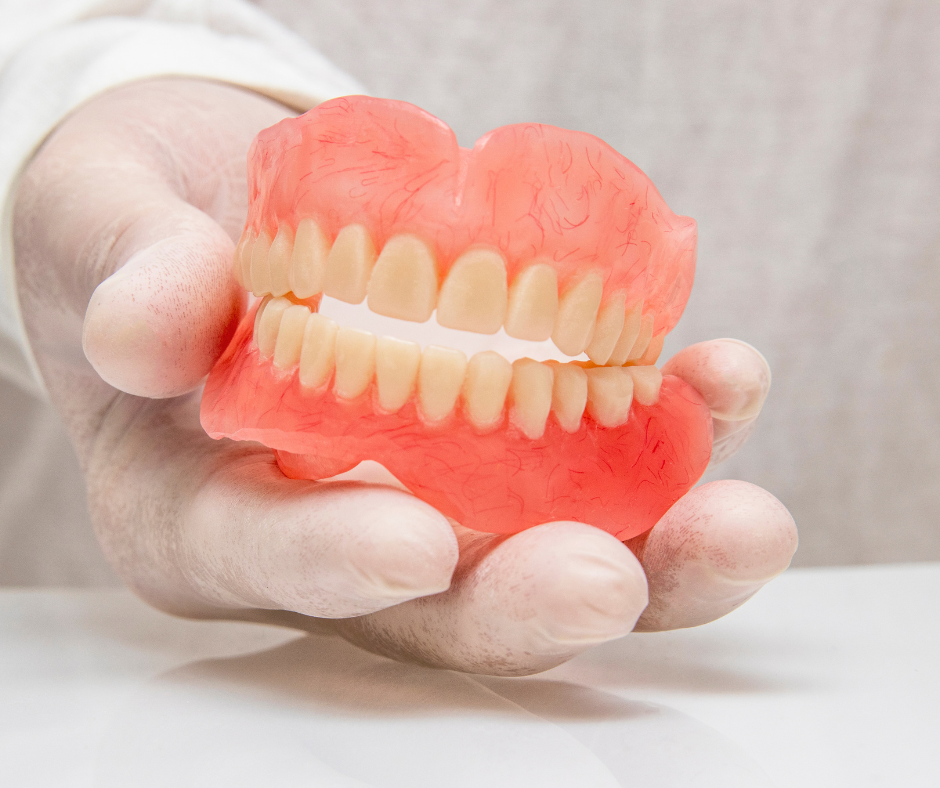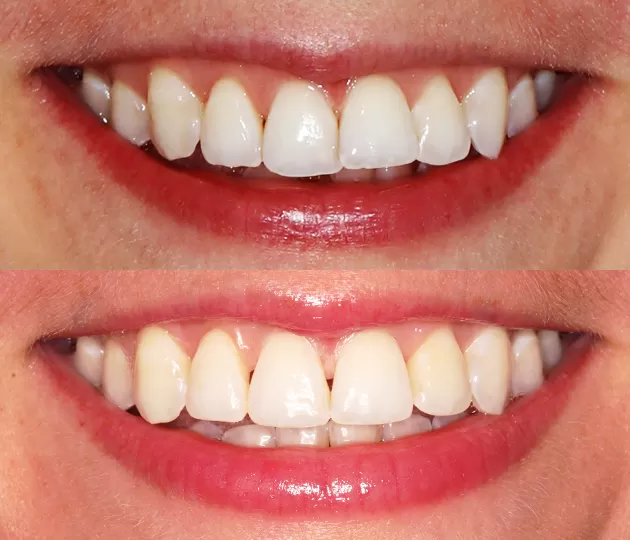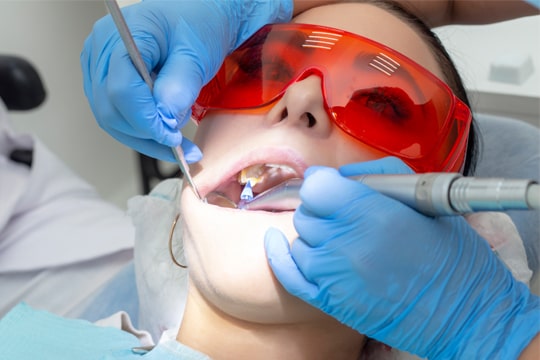RESTORATIVE DENTISTRY
Loomis Road Dental stands as a beacon of excellence in the realm of restorative dentistry services. With a team of highly trained and compassionate professionals, we are committed to restoring and revitalizing patients’ oral health and confidence. From expertly crafted dental fillings to precise and aesthetically pleasing dental implants, our comprehensive range of treatments ensures that patients receive personalized care tailored to their unique needs. Embracing the latest advancements in dental technology, Loomis Road Dental combines art and science to bring back the functionality and natural beauty of smiles. Whether it’s addressing minor dental imperfections or complex restorative procedures, we are dedicated to helping our patients rediscover the joy of a healthy and radiant smile, making Loomis Road Dental a trusted partner in oral wellness.
What is Restorative Dentistry?
Restorative dentistry is a specialized field that holds paramount importance in the realm of dental care. It is dedicated to reviving the health and beauty of a patient’s teeth and oral structures. This branch of dentistry plays a pivotal role in restoring individuals’ oral well-being and self-assurance by addressing an array of dental problems such as cavities, tooth decay, gum disease, and tooth damage. The toolbox of restorative dentistry includes an extensive array of procedures, ranging from dental fillings to crowns, bridges, dentures, and dental implants. Skilled restorative dentists utilize cutting-edge techniques and materials to ensure that their patients can once again experience the joy of a fully functional and aesthetically pleasing smile.

Dental Bridges
Dental bridges are essential dental prosthetics designed to replace one or more missing teeth and restore both the function and aesthetics of a patient’s smile. These fixed appliances consist of two main components: the pontic, a false tooth or teeth that fill the gap left by the missing tooth, and dental crowns, which are placed on the adjacent healthy teeth, also known as abutments. Dental bridges come in various types, including traditional, cantilever, and Maryland bonded bridges, each tailored to specific patient needs and oral conditions.
One of the primary advantages of dental bridges is their ability to prevent the shifting of neighboring teeth, maintaining proper dental alignment and occlusion. This not only ensures the stability and functionality of a patient’s bite but also contributes to improved speech and digestion. Additionally, dental bridges can enhance one’s appearance by restoring a complete and natural-looking smile. They are a durable and long-lasting solution, and with proper care and maintenance, they can endure for many years. Dental bridges are a popular choice for patients seeking a non-invasive and effective way to replace missing teeth and regain their oral health and self-confidence.
Dentures & Partials
Dentures and partials are vital dental prosthetic solutions designed to restore the function and aesthetics of a person’s smile when they have lost one or more natural teeth. Dentures, commonly known as complete dentures, are used when a patient has lost all of their natural teeth in either the upper or lower jaw, or in some cases, both. They consist of a gum-colored acrylic base that securely holds a set of artificial teeth. Dentures are custom-made to fit each patient’s mouth comfortably and snugly, ensuring they can eat, speak, and smile with confidence. These removable appliances not only restore a person’s ability to chew and speak properly but also help maintain the natural facial structure, preventing the sunken appearance that can occur when teeth are missing.


Full Mouth Reconstruction
Full mouth reconstruction is a comprehensive and intricate dental procedure designed to address a wide range of oral health issues and aesthetic concerns simultaneously. This specialized treatment is often recommended for individuals with extensive dental problems, such as missing teeth, severe decay, bite misalignment, or worn-down dentition due to years of neglect or dental trauma. The process typically begins with a thorough evaluation by a skilled dentist or prosthodontist who assesses the patient’s oral condition, taking into consideration their unique needs and desires. The treatment plan may involve a combination of restorative and cosmetic dental procedures, including dental implants, crowns, bridges, veneers, orthodontic treatments, and more, to restore not only the function but also the aesthetics of the patient’s smile.
Root Canal Therapy
Root Canal Therapy, also known as endodontic treatment, is a dental procedure designed to save and restore a damaged or infected tooth. It becomes necessary when the pulp, the innermost layer of a tooth, becomes infected or inflamed due to deep decay, a cracked tooth, or trauma. During a root canal procedure, a skilled dentist or endodontist removes the infected or damaged pulp, cleans the interior of the tooth, and then seals it with a biocompatible material. This treatment is often a patient’s last line of defense to prevent tooth loss and alleviate severe toothache. Despite its reputation for causing discomfort, modern root canal therapy is typically no more painful than getting a routine dental filling and is essential for preserving your natural smile.


Tooth-Colored Dental Fillings
Tooth-colored dental fillings, also known as composite fillings, have revolutionized the field of restorative dentistry in recent years. These fillings are composed of a blend of resin and finely ground glass particles, making them an aesthetically pleasing and functional choice for repairing decayed or damaged teeth. Unlike traditional silver amalgam fillings, tooth-colored fillings are designed to match the natural shade of your teeth, ensuring they blend seamlessly with your smile. This makes them an excellent choice for front teeth, where their discreet appearance makes them virtually indistinguishable from the surrounding tooth structure.
